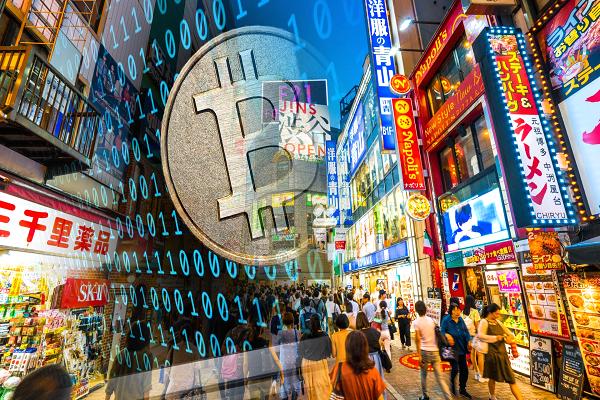
- Hong Kong is taking steps towards legalizing retail trading of crypto assets.
- Hong Kong’s financial authorities said on Monday that the Chinese territory’s regulators are also exploring the listing of crypto exchange traded funds as the city’s rivalry with Singapore intensifies.
Last year, Beijing declared all activities related to digital tokens illegal.
But in a reversal that contrasts Beijing’s crackdown on crypto transactions in mainland China, Hong Kong is taking steps towards legalizing retail trading of crypto assets.
Current rules in Hong Kong limit cryptocurrency trades to institutional investors with a portfolio of at least US$1 million, but these rules could soon change at a time when Singapore is increasing restrictions on retail investors trading in the nascent asset class.
When Hong Kong rolls out new rules for retail investors trading in crypto, it could clench back the title of “Asia’s Crypto Capital” from Singapore, as a spate of high-profile collapses of crypto firms associated with the latter forces authorities there to take a more conservative approach.
Hong Kong’s financial authorities said on Monday that the Chinese territory’s regulators are also exploring the listing of crypto exchange traded funds as the city’s rivalry with Singapore intensifies.
The Hong Kong Securities and Futures Commission has been said to be actively looking to set up a regime to authorise ETFs which would provide exposure to digital assets with appropriate investor protection guardrails.
Given Hong Kong’s already deep and liquid capital markets, a cryptocurrency ETF would put it heads and shoulders above Singapore.
Hong Kong will soon be conducting a public consultation on how retail investors may be given a degree of access to digital assets under the new licensing regime.
Crypto assets are by design permissionless and as such, retail investors are going to access these assets regardless of regulators, but Hong Kong’s commonsense approach could potentially provide far more investor protection instead of just limiting access.
A crypto ETF, with the requisite institutional controls and protections would at the very minimum provide a structured and familiar regime within which retail investors could gain exposure to the nascent asset class, instead of accessing unregulated exchanges offshore.
Hong Kong’s financial chief Paul Chan said at the government’s FinTech Week held recently, that the city was “open and inclusive” with regards to digital assets, adding,
“We want to make our policy stance clear to global markets to demonstrate our determination to explore financial innovation together with the global virtual assets community.”



